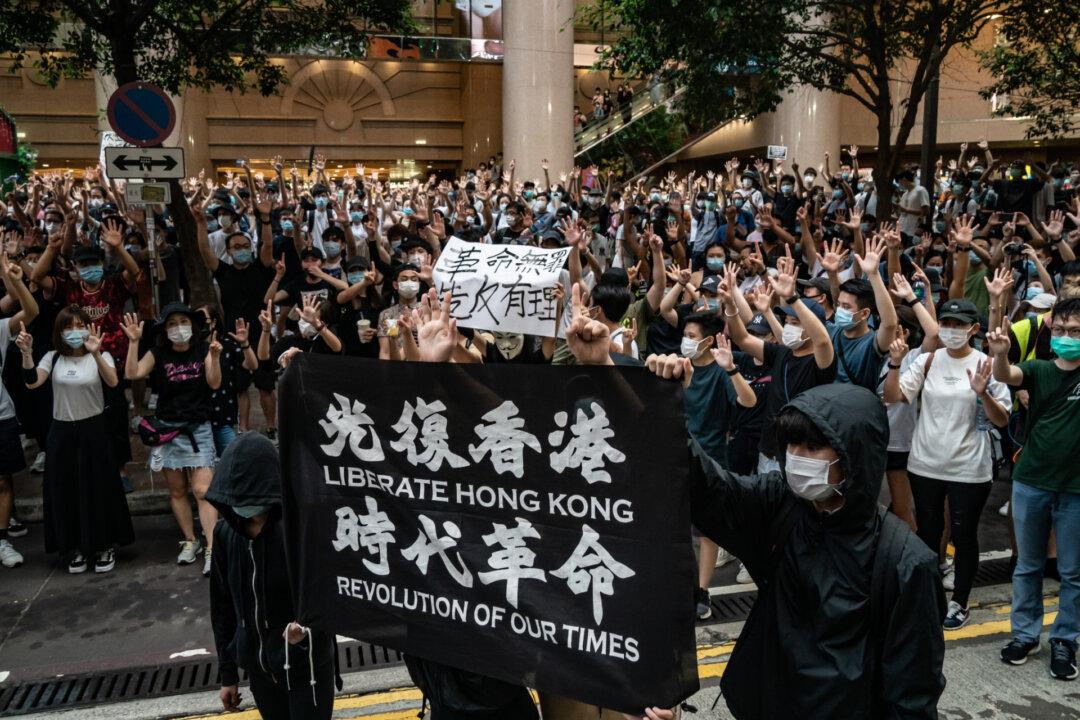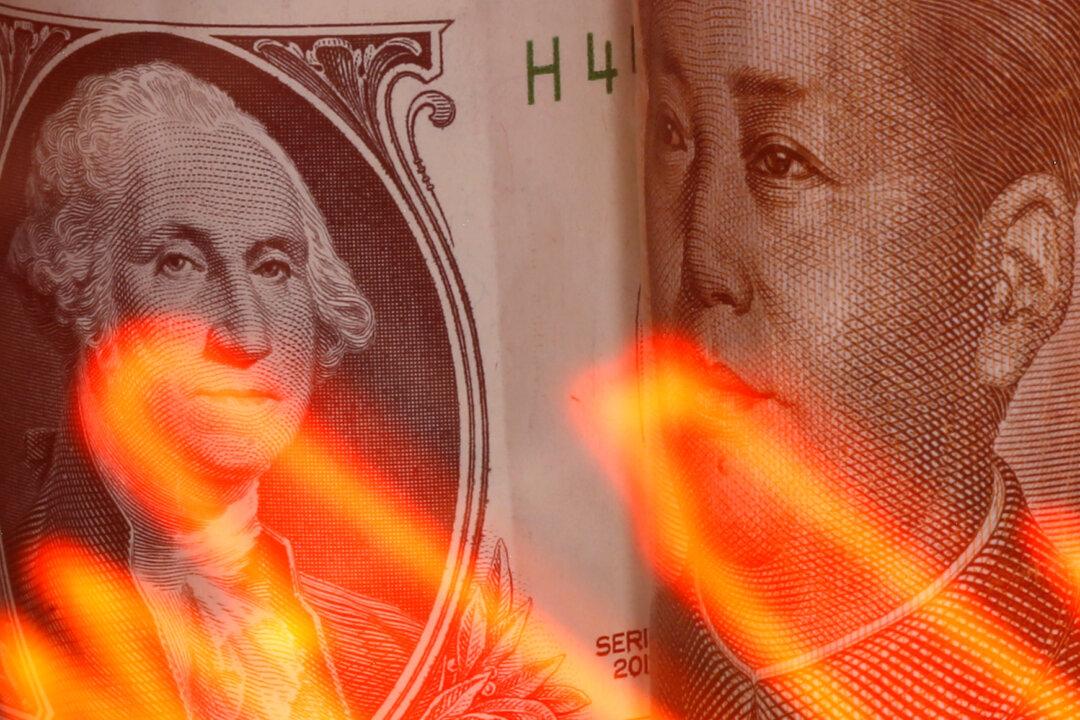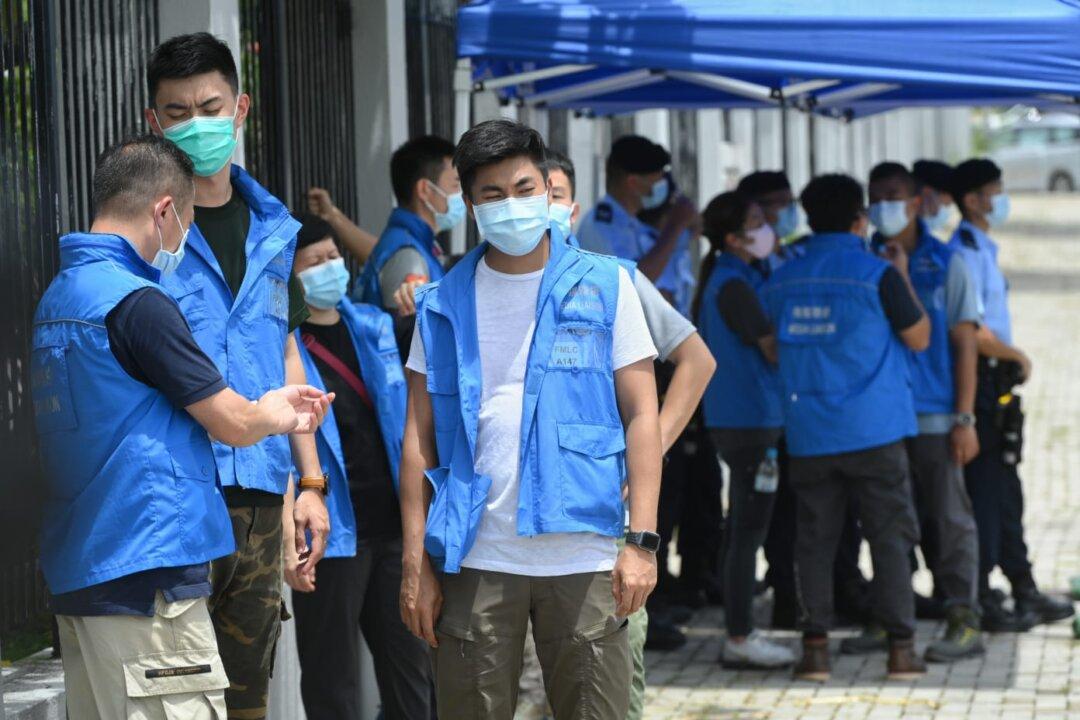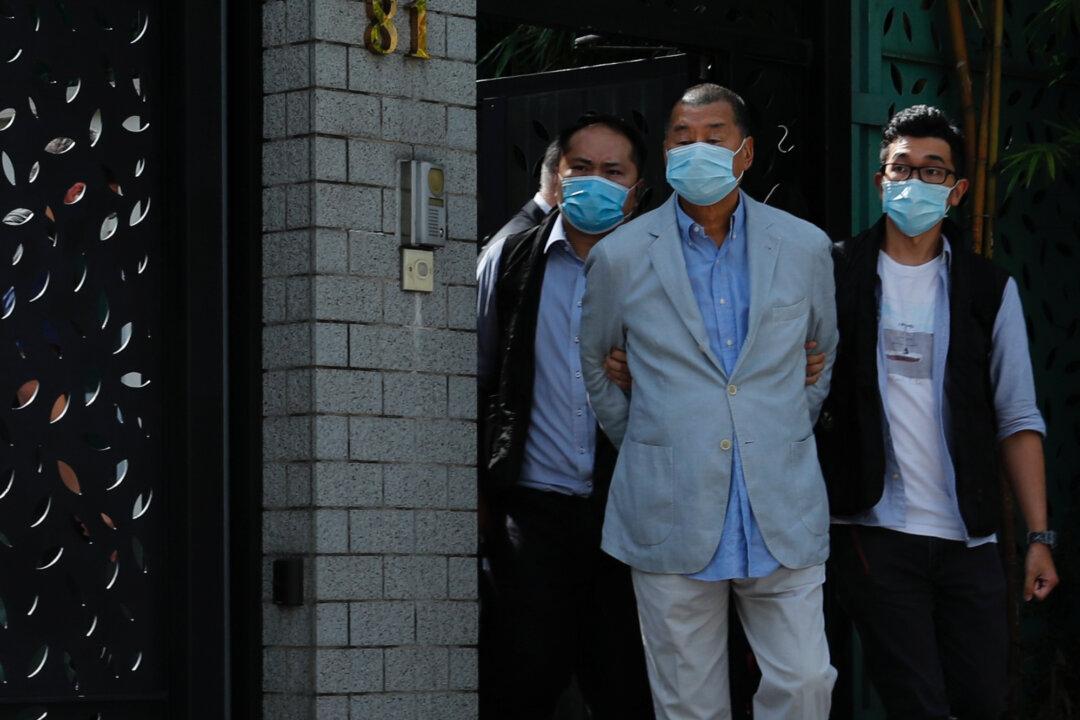On July 1, the 23rd anniversary of the transfer of Hong Kong’s sovereignty from British to Chinese rule, Beijing’s national security law formally came into effect. The law punishes crimes of secession, subversion, terrorism, and collusion with foreign forces with up to life in prison. Furthermore, the new law will allow mainland security agencies to operate in Hong Kong for the first time.
The law sent chills throughout Hong Kong, immediately changing everyday life for the territory’s seven million residents.




